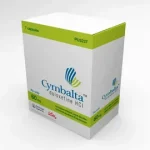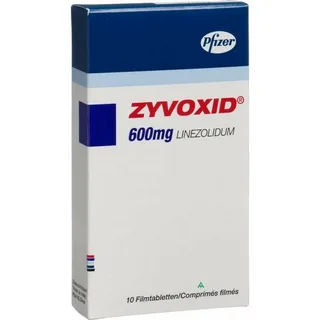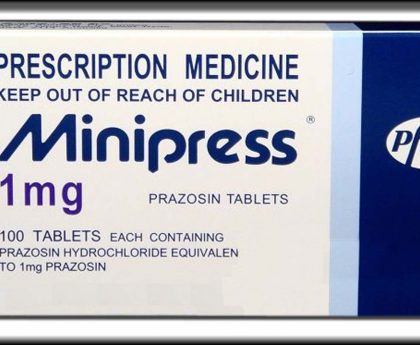Pravachol (pravastatin) is a statin medication used to lower “bad” LDL cholesterol and triglycerides while increasing “good” HDL cholesterol. It works by inhibiting HMG-CoA reductase, an enzyme in the liver responsible for producing cholesterol. By lowering cholesterol levels, Pravachol reduces the risk of developing heart disease, heart attacks, and strokes. It is often prescribed for patients with high cholesterol, mixed dyslipidemia, or those at high risk for cardiovascular events. Pravachol is taken once daily, usually in the evening, with or without food. Regular monitoring of cholesterol levels and liver function is essential to ensure its effectiveness and safety. Pravachol’s well-established efficacy and tolerability make it a trusted option for managing cholesterol and protecting heart health.

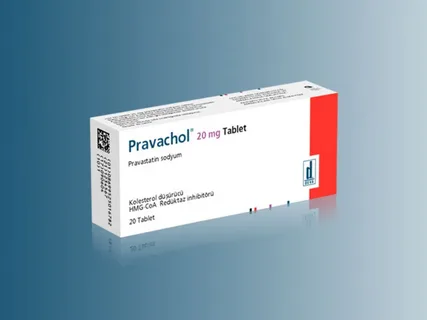
Pravachol is highly effective in lowering LDL cholesterol, which directly reduces the risk of heart disease and stroke. Its proven ability to protect the cardiovascular system is backed by numerous clinical studies. For patients at risk of heart attacks or strokes, Pravachol offers a reliable and effective solution to manage cholesterol and maintain heart health, making it a top choice for many healthcare providers.

Pravachol is generally well-tolerated, with a low incidence of side effects. It is less likely to cause muscle pain compared to some other statins, making it a safer option for long-term use. Its safety profile, combined with its efficacy, makes Pravachol an excellent choice for patients who need to manage their cholesterol levels without significant disruptions to their daily life or well-being.

Pravachol is versatile and can be safely prescribed to a wide range of patients, including those with liver concerns or other comorbidities. Its flexibility in dosing and compatibility with other medications make it an ideal choice for patients with complex health profiles. This adaptability ensures that Pravachol can be a part of a comprehensive treatment plan tailored to individual patient needs.
Pravachol – Product Description
Overview:
Pravachol (pravastatin) is a statin used to manage high cholesterol and reduce the risk of heart disease and stroke. By inhibiting the HMG-CoA reductase enzyme, Pravachol effectively lowers LDL cholesterol and triglycerides while raising HDL cholesterol. It is commonly prescribed for patients with hyperlipidemia, mixed dyslipidemia, or those at high cardiovascular risk. Pravachol’s safety and efficacy make it a reliable option for long-term use, particularly in patients with additional health concerns or those requiring a well-tolerated statin. Regular monitoring of cholesterol levels and liver function is essential to optimize the benefits of Pravachol and ensure ongoing cardiovascular protection.Indications:
Pravachol is indicated for the treatment of hypercholesterolemia (high cholesterol) and mixed dyslipidemia. It is also used to reduce the risk of myocardial infarction (heart attack), stroke, and other cardiovascular events in patients with or without existing coronary artery disease. Pravachol is beneficial for patients with high cholesterol who have not responded adequately to diet and exercise alone. It can also be prescribed to children and adolescents with familial hypercholesterolemia, a genetic condition causing high cholesterol. Pravachol’s ability to lower LDL cholesterol and protect against heart disease makes it a key component of comprehensive cardiovascular care.How to Use:
Pravachol is usually taken once daily, with or without food, preferably in the evening. The dosage depends on the patient’s cholesterol levels, age, and risk of cardiovascular events. It’s important to follow the prescribed dosing schedule and not to miss doses. Patients should avoid consuming large amounts of grapefruit or grapefruit juice, as it can interfere with the medication’s effectiveness. Regular blood tests are necessary to monitor cholesterol levels and liver function. If a dose is missed, it should be taken as soon as remembered unless it is near the time for the next dose. Consistency in taking Pravachol as prescribed is key to achieving the best outcomes.Advantages:
Pravachol offers several advantages, including its efficacy in lowering LDL cholesterol and triglycerides while raising HDL cholesterol. It has a well-established safety profile, with fewer side effects compared to some other statins, making it a good option for long-term use. Pravachol is versatile, suitable for a wide range of patients, and is less likely to cause drug interactions, which enhances its suitability for complex treatment regimens. These benefits, combined with its cardiovascular protective effects, make Pravachol a trusted choice for cholesterol management.Conclusion:
Pravachol is an effective and well-tolerated statin for managing high cholesterol and reducing the risk of heart disease and stroke. Its ability to lower LDL cholesterol and triglycerides while increasing HDL cholesterol makes it a key part of comprehensive cardiovascular care. Pravachol’s proven efficacy, combined with its safety profile, makes it suitable for a wide range of patients, including those with additional health concerns. Regular monitoring and adherence to the prescribed regimen are essential for maximizing its benefits. Pravachol remains a reliable and trusted medication for long-term cholesterol management.Composition:
Pravachol contains pravastatin sodium as its active ingredient, which works by inhibiting HMG-CoA reductase, an enzyme responsible for cholesterol production in the liver. The inactive ingredients in Pravachol tablets may include lactose monohydrate, magnesium stearate, microcrystalline cellulose, and crospovidone, which help stabilize the medication and ensure consistent absorption. Pravachol’s formulation is designed to effectively reduce cholesterol levels, providing essential cardiovascular protection.Note:
Patients taking Pravachol should be aware of potential side effects, such as muscle pain, liver enzyme abnormalities, and digestive issues. Regular monitoring of liver function and cholesterol levels is important to ensure the medication’s effectiveness and safety. Pravachol should not be used during pregnancy or breastfeeding, as it may harm the fetus or infant. Patients should inform their healthcare provider about all medications and supplements they are taking, as Pravachol can interact with certain drugs. A healthy diet and lifestyle are recommended to complement Pravachol’s cholesterol-lowering effects.
Pravachol: Trusted Statin for Long-Term Heart Health
In this informative video, we explore Pravachol.
Why us?
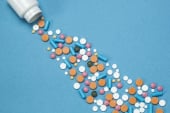
Authenticity Guaranteed:
We ensure that every batch of Floxin is sourced from trusted manufacturers, providing you with genuine medication that meets the highest quality standards.

Competitive Pricing:
Our pricing is designed to make essential medications like Floxin accessible to all, offering competitive rates and frequent discounts to help you manage your health affordably.

Reliable Customer Support:
Our dedicated team is available to assist with any questions or concerns you may have about purchasing and using Floxin, ensuring a smooth and confident buying experience.

